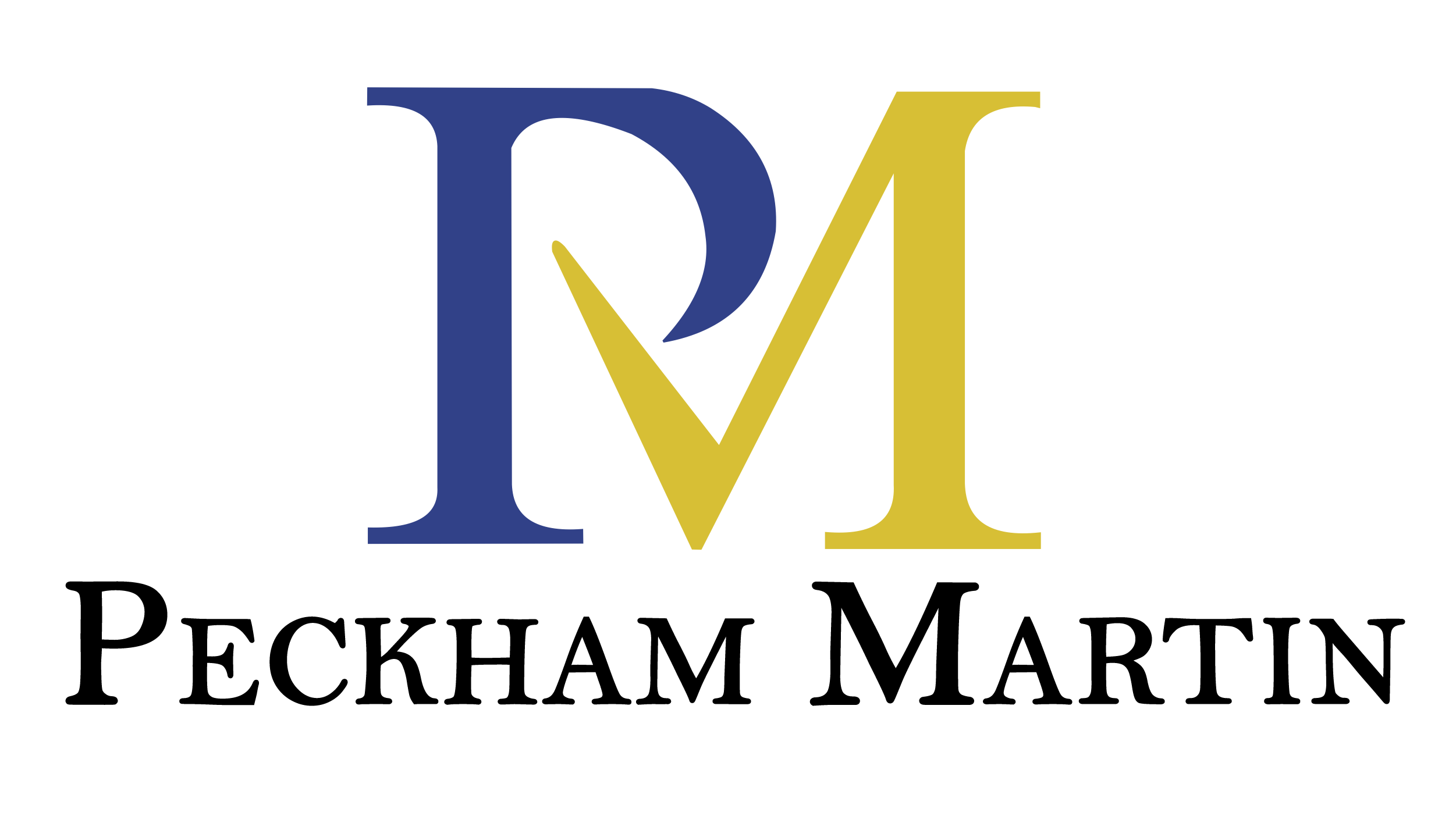A suit for violations of the Pregnancy Discrimination Act (PDA) can cost a great deal of money in damages for lost wages and benefits, medical damages, mental anguish, and punitive damages as well as for attorneys’ fees. It can also cost a great deal of time for staff members, negatively affect morale and result in the loss of trained employees. Additionally, a very public suit can result in a loss of goodwill in the community.
Because of the possible legal and economic risks to the organization, it’s important that all employers understand their responsibilities in preventing pregnancy discrimination in the workplace.
Federal Law on Pregnancy Discrimination
According to the EEOC, pregnancy discrimination involves “treating a woman (an applicant or employee) unfavorably because of pregnancy, childbirth, or a medical condition related to pregnancy or childbirth.” EEOC regulations are based on the Pregnancy Discrimination Act, an amendment to Title VII of the Civil Rights Act of 1964 which forbids discrimination based on pregnancy in all aspects of employment, including but not limited to hiring, firing, compensation, job assignments, promotions, layoffs, training, and benefits.
Pregnancy and Temporary Disability
If a pregnant employee is unable to perform her regular duties due to a medical condition related to pregnancy or childbirth, the employer (or other covered entity) must treat her in the same way as they would treat any other temporarily disabled employee. If the employer, for example, regularly provides alternate work assignments, light-duty, disability leave, or unpaid leave to temporarily disabled employees, these options must be made available to pregnant workers.
Impairments resulting from pregnancy such as gestational diabetes or preeclampsia may also qualify as disabilities under the Americans with Disabilities Act (ADA). The employer may be required to provide reasonable accommodation for pregnancy-related disabilities, absent undue hardship (significant difficulty or expense). For more information about the ADA, visit the EEOC’s page on disability discrimination.
Discrimination and Harassment
It is unlawful to harass an employee due to pregnancy, childbirth, or related medical conditions.
According to the EEOC, harassment is unlawful when:
- it is so frequent or severe that it creates a hostile work environment, OR
- when it results in an adverse employment decision, such as the employee being terminated or demoted.
Harassment rules cover not only supervisors and co-workers, but also clients and customers of the organization.
Disability and Parental Leave
The PDA requires that, if the employer allows temporarily disabled employees to take disability leave, with or without pay, they must do the same for employees who become temporarily disabled due to pregnancy. If the employer requires employees to submit a physician statement regarding their ability to work before granting disability benefits, they may require the same from employees affected by pregnancy-related conditions.
Under the Family and Medical Leave Act (FMLA), new parents may be eligible for up to 12 weeks of leave to care for the new child. For more information about FMLA, see our recent blog post, or you can download a free copy of The Employer’s Guide to the Family Medical and Leave Act, published by the U.S. Department of Labor.
For More Information
To learn more about pregnancy discrimination in the workplace, visit the following EEOC resources:
